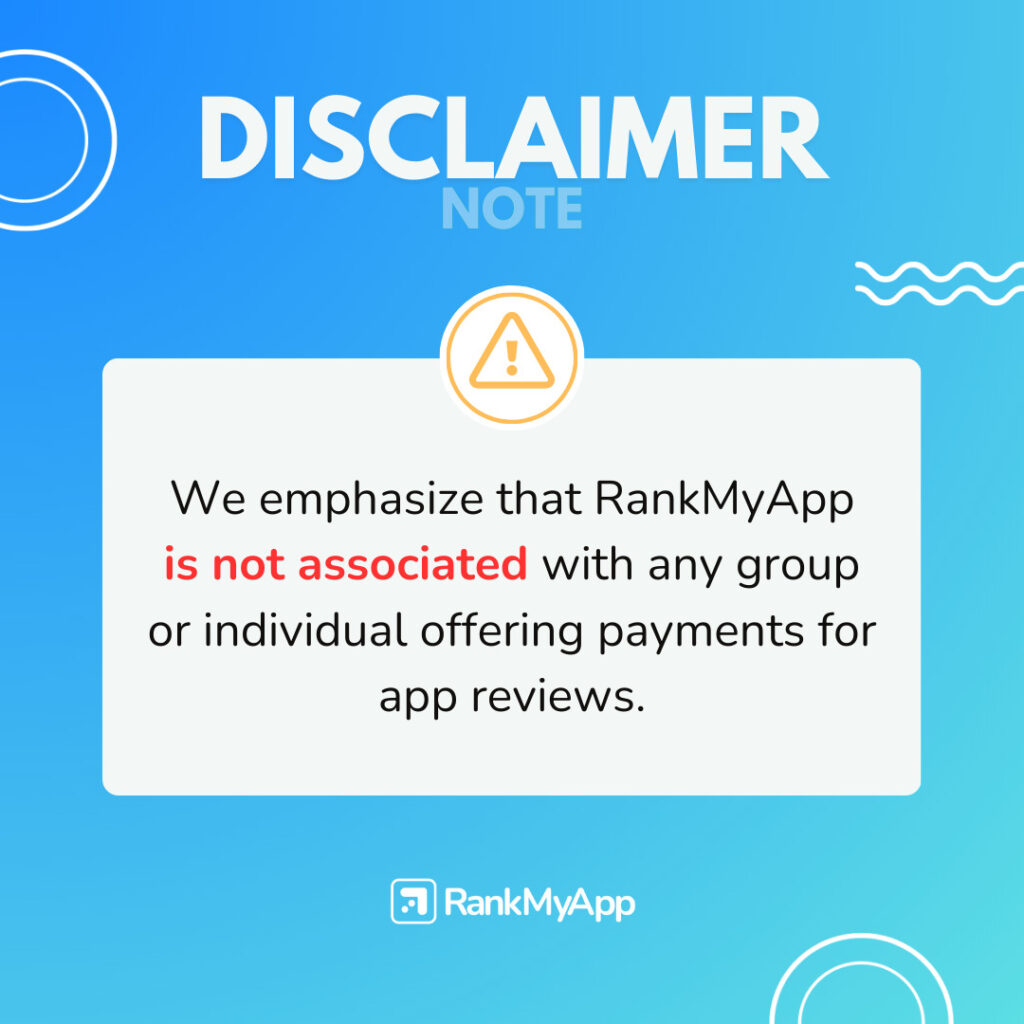In recent years, mobile marketing has emerged as a driving force behind app success. With the rapid increase in smartphone usage and evolving consumer habits, companies are increasingly turning to mobile marketing strategies to enhance their app performance.
This article explores what mobile marketing is, its benefits for businesses, and a range of strategies and tactics that can be employed to drive organic traffic and, consequently, the success of your apps.
What is Mobile Marketing?
Mobile marketing is a strategic approach focused on reaching users via mobile devices, such as smartphones and tablets. It encompasses various techniques and channels, including in-app advertising, mobile-optimized social media strategies, and search engine optimization (SEO) specifically tailored for mobile devices.
The essence of mobile marketing lies in its ability to engage mobile users effectively and meaningfully. Companies aim to reach their target audience where they spend most of their time: on their smartphones and tablets. The primary goal is to promote products or services, but it may also include enhancing mobile app performance.
In an increasingly mobile-driven world, mobile marketing has become essential for companies looking to reach their audience effectively. It’s a constantly evolving field as mobile technology advances and consumer behaviors shift. Thus, staying abreast of trends and adopting innovative approaches is crucial for staying competitive in this dynamic landscape.
Benefits of Mobile Marketing for Businesses
Mobile marketing offers numerous valuable advantages, driving success in an environment increasingly centered on mobile devices.
- Reach and Engagement: With billions of mobile devices in use worldwide, mobile marketing provides unparalleled reach, allowing companies to connect with a vast and diverse audience. Moreover, mobile apps have unique potential to deeply engage users, resulting in more meaningful interactions.
- Precise Targeting: One of the critical advantages of mobile marketing is the ability to target with high precision. Mobile marketing strategies enable businesses to direct messages based on demographics, location, and user behavior, allowing for personalized messaging that meets specific audience needs.
- Measurability: Mobile marketing offers precise measurability, allowing companies to track essential metrics such as app installs, conversion rates, and user retention. This level of detailed measurement provides insights for real-time adjustments and optimization, making it a powerful tool for maximizing ROI.
App Optimization Strategies to Boost Organic Traffic
App Store Optimization (ASO) is fundamental in mobile marketing, especially in driving organic app traffic. Key strategies include:
- ASO (App Store Optimization): Similar to SEO for websites, ASO aims to improve your app’s visibility in app stores like Google Play and Apple’s App Store through strategic keyword choices and optimized descriptions.
- Responsive Design: Ensuring your app’s design is responsive and attractive on mobile devices is crucial. Good design improves user experience, increasing organic traffic as satisfied users are more likely to recommend and regularly engage with your app.
Investing time and resources in these app optimization strategies is essential for mobile marketing success.
Mobile Marketing Tactics to Enhance App Performance
Mobile marketing tactics are vital in improving app performance. Through in-app advertising, social media, email marketing, push notifications, and mobile SEO, you can increase your app’s visibility, engagement, and overall success in the growing mobile market.
- In-App Advertising: Effective mobile marketing uses ads in other popular apps to reach users already accustomed to mobile experiences. Ads can take various forms, from simple banners to interactive videos, driving users to your app’s download page.
- Social Media: Social media platforms are fertile ground for promoting your app, with platforms like Facebook, Instagram, and Twitter offering mobile-specific ads targeting users by demographics, interests, and behaviors.
- Email Marketing: Strategically using email can re-engage users and encourage specific actions, such as reviews or social shares. Email campaigns are also great for keeping users updated on app news.
- Push Notification Campaigns: Push notifications are an effective way to re-engage existing app users by alerting them to updates, exclusive offers, or reminders about app use.
How to Measure the Success of Mobile Marketing Strategies
Measuring the success of mobile marketing strategies is crucial to understanding campaign performance and identifying areas for improvement. Key metrics include:
- App Install Rate: Indicates how many users choose to install your app after interacting with your campaigns, showing the initial interest your strategies generate.
- Conversion Rate: Measures the percentage of users who complete desired actions, such as purchases or form submissions.
- Retention Rate: Reflects the quality of your app by showing how many users continue using the app after a certain time.
- ROI (Return on Investment): A financial metric that evaluates campaign performance relative to cost.
These metrics provide a comprehensive understanding of mobile marketing strategy performance.
Conclusion
Mobile marketing is a powerful tool for businesses seeking to improve their app performance. With effective optimization strategies and well-targeted tactics, you can increase organic traffic, attract more users, and achieve desired success. However, keeping up with ever-evolving mobile marketing trends is crucial for staying competitive.
Partnering with mobile marketing experts like RankMyApp can be vital to achieving exceptional results. Embrace mobile marketing’s opportunities and elevate your app’s performance to the next level. Learn more about how RankMyApp can help boost your app’s success today!





